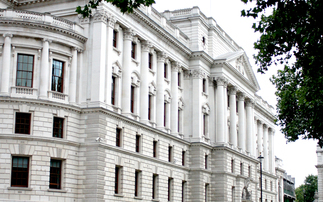ETF risks, income tax and Hargreaves Lansdown - here's our weekly heads-up on the financial stories that may have caught your clients' attention over the weekend …
How would ETFs fare in a market downturn? Exchange-traded funds (ETFs) may be cheap but, warns this Financial Times article, investors must be aware of the associated risks - particularly in the event of a market downturn. The piece alludes to concerns on whether ETFs are "distorting market valuations and feeding volatility", adding: "Some see an ETF bubble that is set to burst even though what is being invested in is more of an investment wrapper than an asset class in its own right." Further worries stem from a belief ETFs have yet to be tested as a model. "When the dotcom bubble bur...
To continue reading this article...
Join Professional Adviser for free
- Unlimited access to real-time news, industry insights and market intelligence
- Stay ahead of the curve with spotlights on emerging trends and technologies
- Receive breaking news stories straight to your inbox in the daily newsletters
- Make smart business decisions with the latest developments in regulation, investing retirement and protection
- Members-only access to the editor’s weekly Friday commentary
- Be the first to hear about our events and awards programmes






